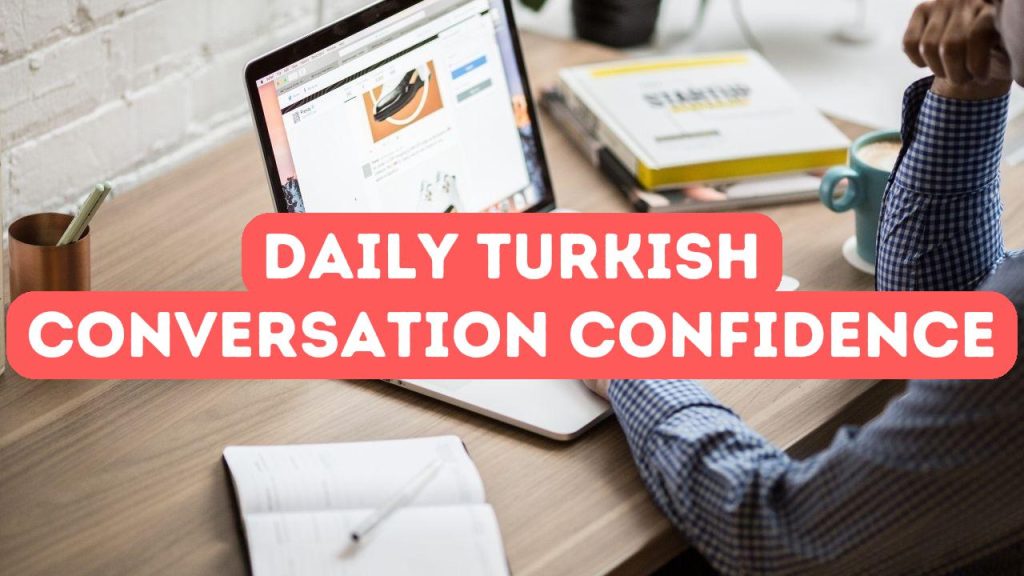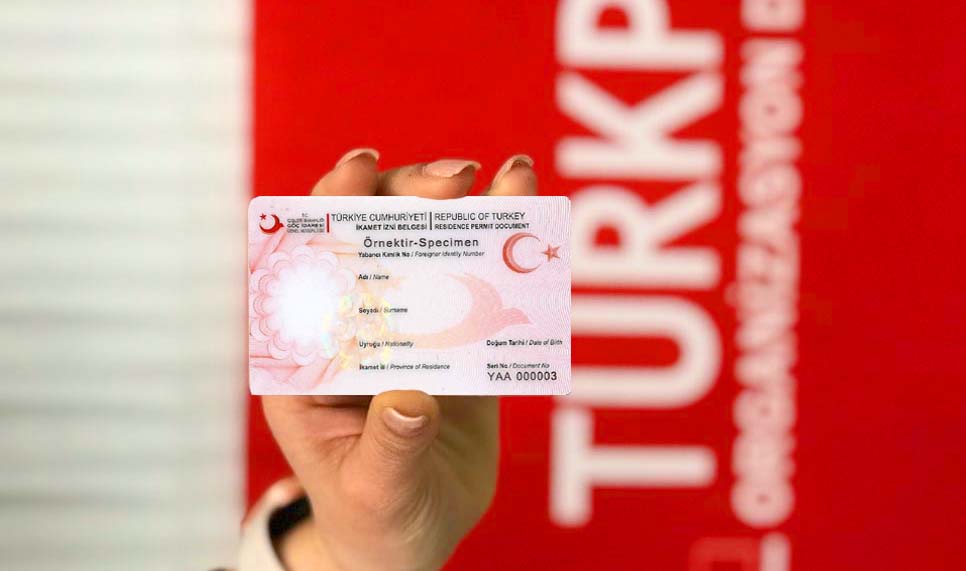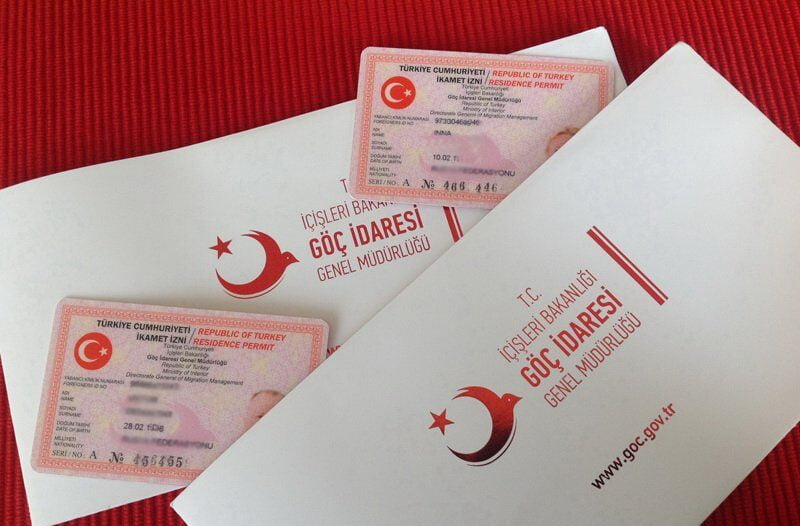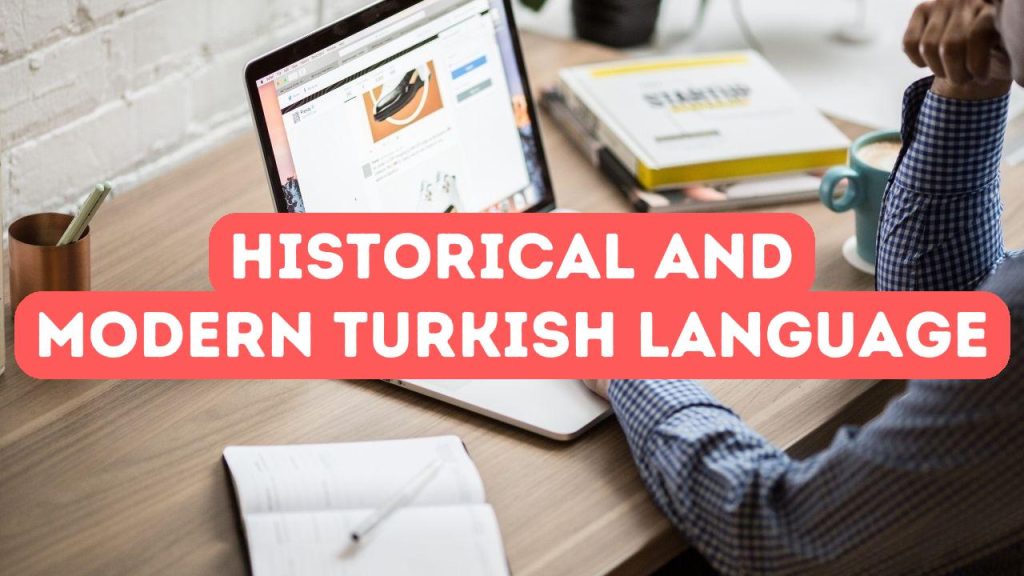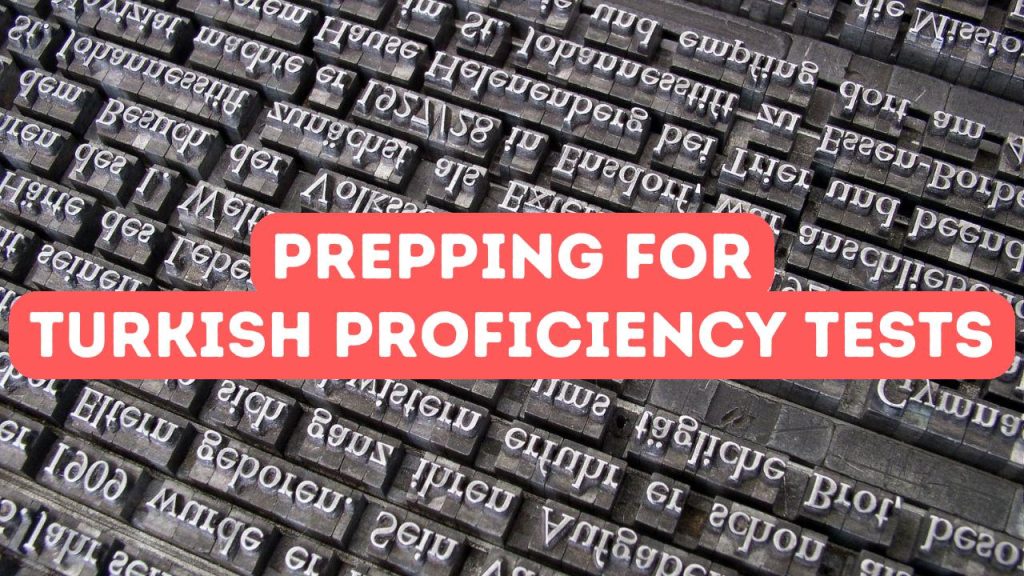Mastering the Basics of Turkish Dialogues
Embarking on the journey to master Turkish dialogue starts with a solid grasp of the basics—a manageable challenge with a strategic approach. Learners must acquaint themselves with common greetings, farewells, and essential questions, which are the cornerstones of daily interactions. Phrases such as “Merhaba” (Hello), “Nasılsınız?” (How are you?), and “Teşekkür ederim” (Thank you) reflect not just linguistic structures but also the underlying cultural etiquette. By practicing these expressions in tandem with appropriate non-verbal cues, such as nods and smiles, learners become equipped not only to start conversations but to do so in a manner that resonates with Turkish amicability. Confidence grows from these early stages as beginners navigate these fundamental verbal exchanges, paving the way for more complex dialogues and deeper cultural immersion.
Building upon foundational greetings and politeness formulas, learners should next venture into the realm of information exchange—the lifeblood of any conversation. Mastery of straightforward inquiries like “Bu ne kadar?” (How much is this?) and responses to common questions enables participation in everyday commerce and navigation, fostering a sense of autonomy within Turkish society. It’s essential to practice forming sentences around the nuts and bolts of the language, such as personal pronouns, common verbs, and basic adjective-noun agreement, which together fuel the construction of more robust dialogic structures. Regular engagement with these core elements in realistic settings, perhaps through role-playing exercises or language exchange meetups, reinforces practical understanding and empowers individuals to bridge the gap between rehearsed phrases and spontaneous, authentic exchanges in Turkish life.
As learners build their repertoire, they will find the rhythm of Turkish conversation with its characteristic ebb and flow. Learning to offer personal insights and opinions, such as “Bence…” (In my opinion…) or “Sence nasıl?” (What do you think?), allows for richer, more engaging dialogue that extends beyond mechanical transactions. Alongside expanding vocabulary, mastering key conversational connectors like ama (but), çünkü (because), and yani (that is) will enable learners to weave their thoughts together more coherently, thus enhancing their expressive capacity. This developing competence in articulating more complex ideas, coupled with an understanding of Turkish idiomatic expressions and humor, marks the transition from a language learner to a confident, articulate communicator innately aware of the cultural context, ready to partake in the dynamic tapestry of day-to-day Turkish discourse.
Advanced Strategies for Fluent Turkish Communication
To achieve fluency in Turkish communication, it is crucial not only to have a robust vocabulary and a firm grasp of grammatical rules but also to master advanced strategies that allow for a natural and spontaneous conversational flow. This entails familiarizing oneself with idiomatic expressions and proverbs that are deeply ingrained in Turkish culture, thus enabling a deeper connection with native speakers. It also involves the art of switching between formal and informal registers, depending on the context and the relationship with the interlocutor. By focusing on these advanced aspects, learners can progress from structured textbook dialogues to dynamic, authentic conversations, mirroring how Turkish is naturally spoken on the streets of Istanbul, in the bazaars of Ankara, or during a familial gathering in Izmir. This level of conversational comfort is the hallmark of a truly competent language learner, marking the transition from being a student of the language to becoming an active participant in Turkish society.
Delving further into the nuances of Turkish conversation, emphasis must be placed on the ability to employ linguistic subtleties such as humor, irony, and exaggeration, which are pivotal in endearing oneself to native speakers. These elements of speech, often overlooked in classical language instruction, can bridge cultural gaps and generate warmth within a range of social situations. In addition to these, understanding non-verbal cues and body language, elements that are just as communicative as the words themselves, can greatly enhance the efficacy of your interactions. The mastery of such strategies requires attentive listening and observation, providing learners with a sensory-rich learning experience. Paired with an iterative practice of speaking and receiving feedback, this holistic approach to language acquisition ensures that advanced learners can not only convey their message but also engender the emotional resonance that is at the heart of every language.
In conclusion, the journey to fluent Turkish conversation is one marked by the continual interplay of linguistic skills and cultural insight. Engaging with diverse media in Turkish, such as films, music, and literature, offers an immersive environment that goes beyond the classroom and into the realm of actual experience, solidifying language retention and promoting cultural fluency. Finally, perpetual practice with native speakers – whether through language exchange platforms, social interaction, or travel – polishes the learner’s conversational abilities, allowing them to adapt quickly to new contexts and engage in exchanges with confidence. This advanced pursuit of language learning paves the way for not just understanding but also contributing to the rich tapestry of Turkish life, with all its subtleties and complexities.
Navigating Social Situations with Ease in Turkish
Navigating social situations with ease requires more than mere textbook phrases; it demands a nuanced understanding of Turkish customs and context-specific language use. To truly connect with locals and enrich your experience, it’s essential to immerse yourself in the fabric of daily interactions, such as greetings, common courtesies, and small talk. By mastering key conversational starters and replies, like expressing gratitude with a heartfelt teşekkür ederim or engaging in the almost ceremonial exchange of pleasantries on health and well-being, language learners can swiftly transition from outsiders to welcomed participants in Turkish society. This aspect of language competency enables you to confidently enter a room, join a group, or strike up a spontaneous chat at a neighborhood çay bahçesi (tea garden), effectively paving your way towards authentic immersion and cultural understanding.
The mastery of daily conversational dynamics in Turkish extends to the art of making plans and invitations, discussing common interests, and sharing personal anecdotes—all areas where context reigns supreme. As you navigate invitations to a friend’s house for a meal, learning to both politely offer assistance and graciously compliment the host on the delicious yemek (food) is as important as the ability to respectfully decline. Nuanced phrases and culturally appropriate responses enable smoother interactions and help avoid unintended offenses—an integral part of gaining social acceptance. These conversational threads are not only crucial in forging new friendships but are also indispensable in professional environments, where the boundary between formal and informal discourse often blurs, and adaptability becomes a key social asset.
Embracing the Turkish custom of hospitality, learners will find themselves effortlessly contributing to the vibrant tapestry of everyday life. Whether it’s over a robust cup of Türk kahvesi (Turkish coffee) or amidst the bustling energy of a neighborhood pazar (market), the capacity to engage with locals about family, current events, or the nuances of Turkish soccer rivalries can transform simple transactions into memorable encounters. Effective conversation in Turkish is punctuated by the ability to listen, empathize, and respond with culturally attuned humor and sentiment, enabling language learners not just to speak but to truly connect, thus culminating in the much-coveted ability to partake in the warmth of Turkish community life.

